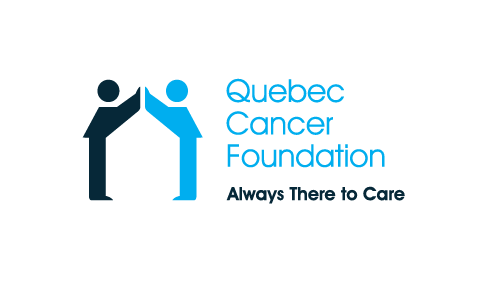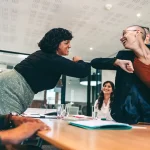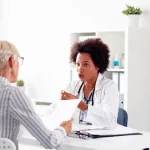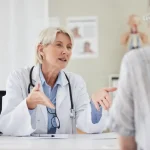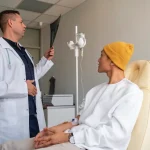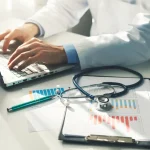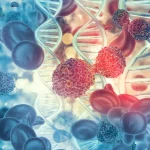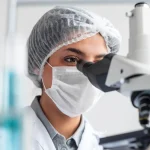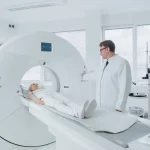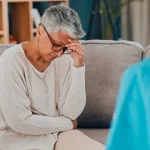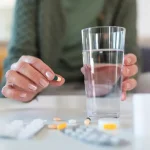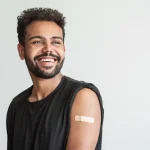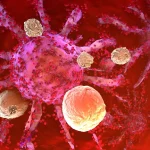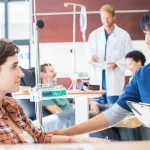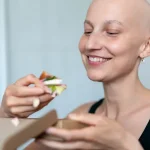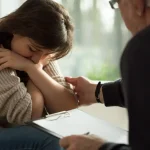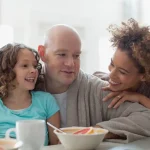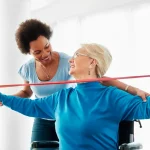Fatigue and anemia
Fatigue is a feeling of weariness and exhaustion, accompanied by physical weakness and lack of energy.
Fatigue
It is disproportionate to the amount of effort expended, does not improve with rest, and interferes with the activities of daily life. Many people experience fatigue during their treatment period. In fact, “it affects 70 to 100% of people with cancer. This is the most common and most distressing symptom to occur during treatment” (NCCN-2005). Cancer-related fatigue can have many causes, for example:
anemia, resulting from the cancer or its treatment;
- nutritional deficiency;
- sleep disorders;
- emotional distress;
- decreased activity;
- pain;
- type of treatment.
Anemia
Anemia is characterized by a decrease in the number of red blood cells (erythrocytes). This decrease means a lower level of hemoglobin, a major component of red blood cells, which are responsible for transporting oxygen to body tissues. Reduced levels of hemoglobin in the blood result in less oxygen being delivered to the tissues.
Signs and symptoms
- sudden feeling of extreme tiredness;
- excessive need to sit or rest;
- rapid heartbeat;
- chest pain;
- problems sleeping;
- difficulty getting up in the morning.
- lack of energy.
- lack of interest in activities one usually enjoys.
- muscle pain;
- shortness of breath after light activity, even at rest;
- feelings of anxiety or depression;
- difficulty concentrating, thinking clearly or making decisions;
- negative feelings towards oneself or others
Helpful hints
- Rest when fatigue is felt and, if possible, before and after each chemotherapy or radiotherapy session.
- To improve the quality of sleep, we recommend that you:
- avoid long naps or napping late in afternoon;
- go to bed only when you feel tired;
- use your bed only for sleeping or sexual activity;
- go to bed and get up at regular times;
- avoid caffeine and stimulating activities in the evening;
- relax for an hour before going to bed.
- Follow a healthy diet rich in protein, fruits and vegetables.
- Drink eight to ten glasses (two to three liters) of fluids a day, unless otherwise specified by the medical team.
- Choose simple, quick dishes.
- Eat several small meals and snacks a day to ensure a regular supply of calories to the body, requiring a lower expenditure of energy.
- If necessary, set up a meal schedule to avoid skipping.
- Save your energy for enjoyable activities and do them when it is at its highest.
- Request help with housework and home maintenance.
- Take up restful activities such as reading, games, music and art.
- Participate in activities promoting relaxation, such as massage therapy, meditation, visualization and yoga.
- Join an anxiety management or support group.
- Ask the medical team about options for treating or preventing anemia and the fatigue symptoms associated with it.
- Engage in physical activity:
- Do some moderate physical activity (e.g. daily walks during and after anti-cancer treatment), as this promotes better energy renewal and conservation;
- Aim for a balance between activity and rest, because too much rest or lack of activity can alter the ability of muscle tissue to oxygenate, leading to muscle loss and additional fatigue;
- Avoid feeling guilty for not immediately being able to make an effort. Doing nothing and resting may be a priority;
- Adapt your physical activity to your individual ability. Above all, it should be a source of pleasure and well-being.
For additional information, or for guidance in maintaining or resuming physical activity, see one of the Quebec Cancer Foundation’s kinesiologists. After listening to your needs, they will be able to design an appropriate and accessible exercise program for you. Call the regional center nearest you to make an appointment with a professional or call 1-800-363-0063 toll free.
